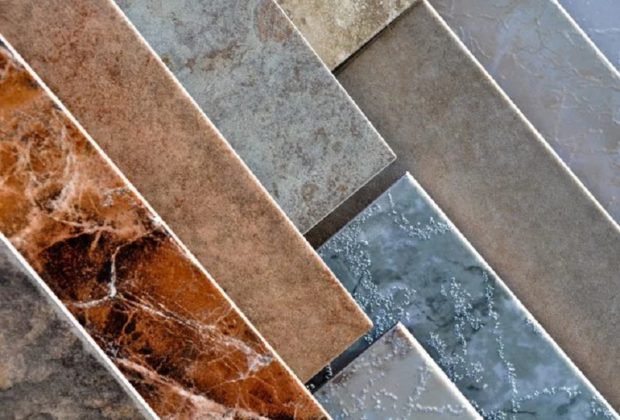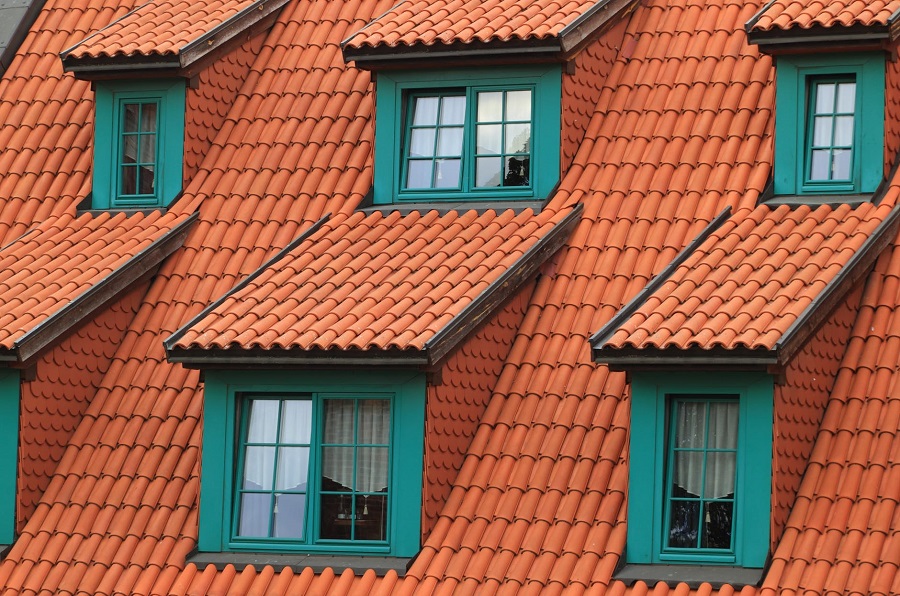Ceramic and porcelain tiles differ in their genetic composition. Ceramic tiles are made from natural brown, red, or white clay while porcelain tiles are made only with white clay. Manufacturers of porcelain tiles bake the material in higher temperatures so they tend to be less porous, denser, or harder.
Uses of Both Ceramic and Porcelain Tiles
As ceramic tiles are softer and susceptible to water, they tend to wear easily and may not be the right choice for some uses. For instance, they cannot be used for outdoor surfaces because of their ability to absorb water, swell, or even crack. Meanwhile, porcelain tiles can be used in entryways, high-traffic areas, or kitchens. These are highly durable tiles that possess whatever ceramic tiles can offer. Porcelain tiles are among the Carreaux Metro bathroom tiles that customers pick.
Benefits of Using Ceramic Tiles
Below are some reasons some homeowners use ceramic tiles:
- They are affordable. Compared with porcelain tiles, ceramic tiles are up to 70% cheaper. On average, ceramic tiles can cost $3 to $7 per square foot.
- They are easy to shape. When installing ceramic tiles, the installer may need to cut some of them to fit them into the space. Because these tiles are less dense, they are easy to cut using simple tools like a snap tile or a wet tile saw.
- They resist water. A lot of homeowners seek after this property. Glazed ceramic tiles are designed with a protective layer which protects the surface from water damage. That is why these tiles are often used in areas that are prone to moisture such as for bathroom and kitchen countertops.
- They are easy to maintain. Glazed ceramic tiles are easy to clean maintain because of their smooth, water-resistant, and stain-resistant surface.
- They are hypoallergenic. Because of the smooth surface, these tiles don’t hold possible allergens like pollen and dust.
Benefits of Porcelain Tiles
- Porcelain tiles are far more durable than ceramic tiles. Apart from being thick and highly resistant to physical damage, porcelain tiles are made of uniformly coloured material that hides slight surface cracks and chips.
- Water resistance. Porcelain tiles are quite resistant to water. In fact, the American Society for Testing and Materials (ASTM) says that these tiles have a water absorption rate of under 0.5. Thus, they are perfect on outdoor surfaces and water-prone areas like kitchens and bathrooms.
- The water-imperviousness property of porcelain tiles makes them resistant to stubborn stains so cleaning them is fairly easy.

















